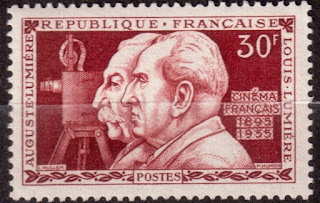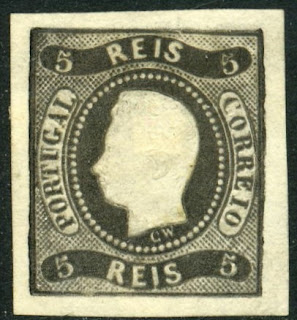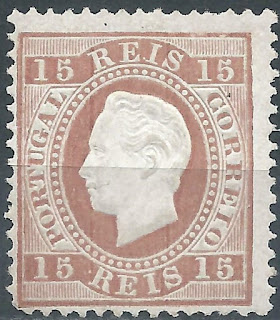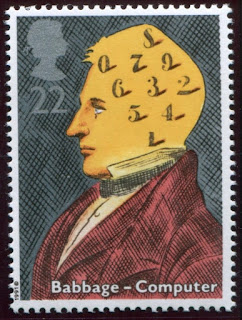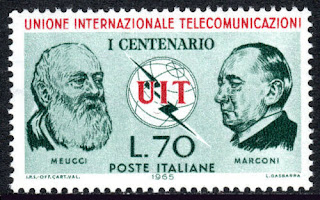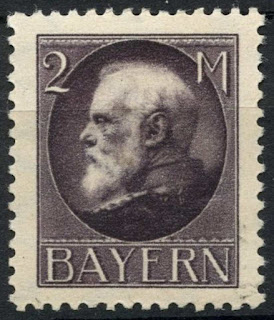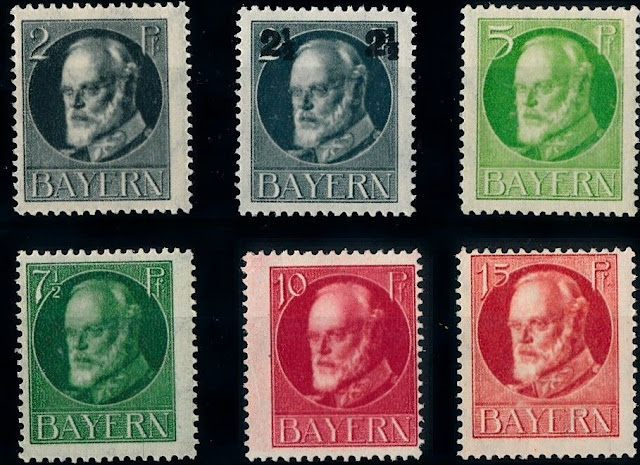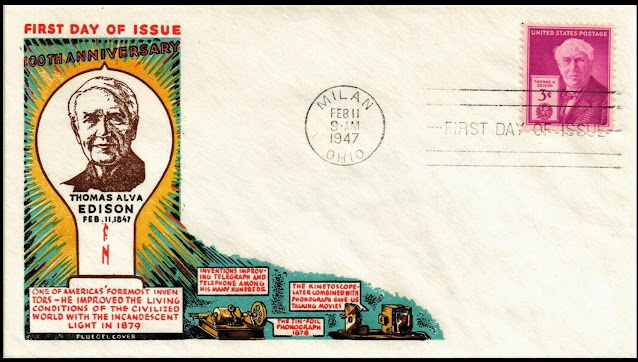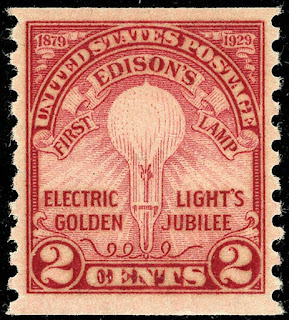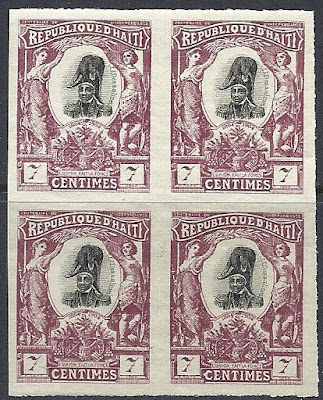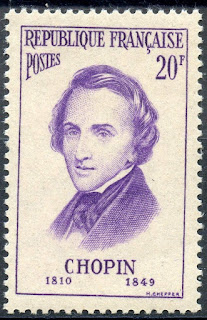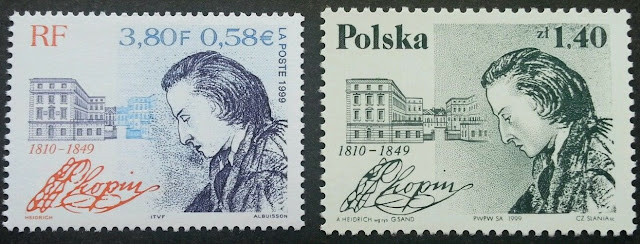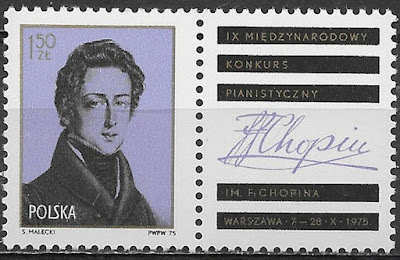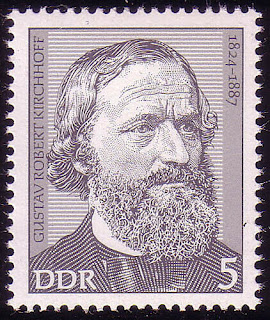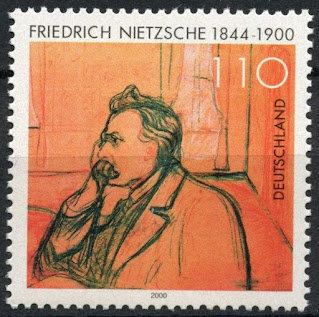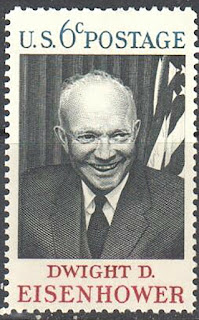Here are some events that happened on October 15th. It could be an event or a person that died or was born on that day
1795 Born: Frederick William IV of Prussia, Prussian king from 1840-1861 (d. 1861)
Frederick William IV (15 October 1795 – 2 January 1861), the eldest son and successor of Frederick William III of Prussia, reigned as King of Prussia from 7 June 1840 to his death. Also referred to as the "romanticist on the throne", he is best remembered for the many buildings he had constructed in Berlin and Potsdam, as well as for the completion of the Gothic Cologne Cathedral.
In politics, he was a conservative, who initially pursued a moderate policy of easing press censorship and reconciling with the Catholic population of the kingdom. During the German revolutions of 1848–1849, he at first accommodated the revolutionaries but rejected the title of Emperor of the Germans offered by the Frankfurt Parliament in 1849 as not the Parliament's to give and used military force to crush the revolutionaries throughout the German Confederation. From 1849 onward he converted Prussia into a constitutional monarchy and acquired the port of Wilhelmshaven in the Jade Treaty of 1853.
From 1857 to 1861, he suffered several strokes and was left incapacitated until his death. His brother (and heir-presumptive) Wilhelm served as regent after 1858 and then succeeded him as King.
Prussian stamps depicting Frederick William IV


1817 Died: Tadeusz Kościuszko, Polish-Lithuanian general and engineer (b. 1746)
Andrzej Tadeusz Bonawentura Kościuszko (English: Andrew Thaddeus Bonaventure Kosciuszko;4 or 12 February 1746 – 15 October 1817) was a Polish-Lithuanian military engineer, statesman, and military leader who became a national hero in Poland, Lithuania, Belarus, and the United States. He fought in the Polish–Lithuanian Commonwealth's struggles against Russia and Prussia, and on the US side in the American Revolutionary War. As Supreme Commander of the Polish National Armed Forces, he led the 1794 Kościuszko Uprising.
Kościuszko was born in February 1746, in a manor house on the Mereczowszczyzna estate in Brest Litovsk Voivodeship, Grand Duchy of Lithuania, a part of the Polish–Lithuanian Commonwealth. At age 20, he graduated from the Corps of Cadets in Warsaw, Poland. After the start of the civil war in 1768, Kościuszko moved to France in 1769 to study. He returned to the Commonwealth in 1774, two years after the First Partition, and was a tutor in Józef Sylwester Sosnowski's household. In 1776, Kościuszko moved to North America, where he took part in the American Revolutionary War as a colonel in the Continental Army. An accomplished military architect, he designed and oversaw the construction of state-of-the-art fortifications, including those at West Point, New York. In 1783, in recognition of his services, the Continental Congress promoted him to brigadier general.
Upon returning to Poland in 1784, Kościuszko was commissioned as a major general in the Polish–Lithuanian Commonwealth Army in 1789. After the Polish–Russian War of 1792 resulted in the Second Partition of Poland, he commanded an uprising against the Russian Empire in March 1794 until he was captured at the Battle of Maciejowice in October 1794. The defeat of the Kościuszko Uprising that November led to Poland's Third Partition in 1795, which ended the Commonwealth. In 1796, following the death of Tsaritsa Catherine II, Kościuszko was pardoned by her successor, Tsar Paul I, and he emigrated to the United States. A close friend of Thomas Jefferson's, with whom he shared ideals of human rights, Kościuszko wrote a will in 1798, dedicating his U.S. assets to the education and freedom of the U.S. slaves. Kościuszko eventually returned to Europe and lived in Switzerland until his death in 1817. The execution of his testament later proved difficult, and the funds were never used for the purpose Kościuszko intended.
Stamps from the US and Poland depicting Tadeusz Kosciuszko
1923 – The German Rentenmark is introduced in Germany to counter hyperinflation in the Weimar Republic.
The Rentenmark (RM) was a currency issued on 15 November 1923 to stop the hyperinflation of 1922 and 1923 in Weimar Germany, after the previously used "paper" Mark had become almost worthless. It was subdivided into 100 Rentenpfennig and was replaced in 1924 by the Reichsmark.
After the Occupation of the Ruhr in early 1923 by French and Belgian troops, referred to as the Ruhrkampf, the German government of Wilhelm Cuno reacted by announcing a policy of passive resistance. This caused the regional economy of the Ruhr, the industrial heartland of Germany, almost to stop. The occupation authorities reacted with arrests and deportations to strikes and sabotage. Those displaced and left without income by the Ruhrkampf and their families fell back on public income support. Tax revenues plunged as economic activity slowed. The government covered its need for funds mainly by printing money. As a result, inflation spiked and the Papiermark went into freefall on the currency market. Foreign currency reserves at the Reichsbank dwindled.
As hyperinflation took hold, the cabinet of Cuno resigned in August 1923 and was replaced by the cabinet of Gustav Stresemann. After Stresemann reshuffled his cabinet in early October, Hans Luther became Minister of Finance. Working with Hjalmar Schacht at the Reichsbank, Luther quickly came up with a stabilization plan for the currency which combined elements of a monetary reform by economist Karl Helfferich with ideas of Luther's predecessor in office Rudolf Hilferding. With the help of the emergency law (Ermächtigungsgesetz) of 13 October 1923 which gave the government the power to issue decrees on financial and economic matters, the plan was implemented that same day, 15 October 1923.
The newly created Rentenmark replaced the old Papiermark. Because of the economic crisis in Germany after the First World War, there was no gold available to back the currency. Luther thus used Helfferich's idea of a currency backed by real goods. The new currency was backed by the land used for agriculture and business. This was mortgaged (Rente is a technical term for mortgage in German) to the tune of 3.2 billion Goldmarks, based on the 1913 wealth charge called Wehrbeitrag which had helped fund the German war effort from 1914–1918. Notes worth 3.2 billion Rentenmarks were issued. The Rentenmark was introduced at a rate of one Rentenmark to equal one trillion (1012) old marks, with an exchange rate of one United States dollar to equal 4.2 Rentenmarks.
This was the highest denominated stamp before the introduction of the Rentenmark, it was a 50 billion mark stamp
These were the first stamps issued after the introduction of the Rentenmark
See also What Does Hyperinflation Look Like? Just Take A Look At The Weimar Republic In 1923
1844 Born: Friedrich Nietzsche, German composer, poet, and philosopher (d. 1900)
Friedrich Wilhelm Nietzsche (15 October 1844 – 25 August 1900) was a German philosopher, cultural critic, composer, poet, and philologist whose work has exerted a profound influence on modern intellectual history. He began his career as a classical philologist before turning to philosophy. He became the youngest person ever to hold the Chair of Classical Philology at the University of Basel in 1869 at the age of 24. Nietzsche resigned in 1879 due to health problems that plagued him most of his life; he completed much of his core writing in the following decade. In 1889, at age 44, he suffered a collapse and afterward a complete loss of his mental faculties. He lived his remaining years in the care of his mother until her death in 1897 and then with his sister Elisabeth Förster-Nietzsche. Nietzsche died in 1900.
Nietzsche's writing spans philosophical polemics, poetry, cultural criticism, and fiction while displaying a fondness for aphorism and irony. Prominent elements of his philosophy include his radical critique of truth in favor of perspectivism; genealogical critique of religion and Christian morality and related theory of master–slave morality; aesthetic affirmation of existence in response to the "death of God" and the profound crisis of nihilism; notion of the Apollonian and Dionysian; and characterization of the human subject as the expression of competing wills, collectively understood as the will to power. He also developed influential concepts such as the Übermensch and the doctrine of eternal return. In his later work, he became increasingly preoccupied with the creative powers of the individual to overcome social, cultural and moral contexts in pursuit of new values and aesthetic health. His body of work touched a wide range of topics, including art, philology, history, religion, tragedy, culture, and science, and drew early inspiration from figures such as philosopher Arthur Schopenhauer, composer Richard Wagner, and writer Johann Wolfgang von Goethe.
After his death, his sister Elisabeth became the curator and editor of Nietzsche's manuscripts. She edited his unpublished writings to fit her German nationalist ideology while often contradicting or obfuscating Nietzsche's stated opinions, which were explicitly opposed to antisemitism and nationalism. Through her published editions, Nietzsche's work became associated with fascism and Nazism; 20th-century scholars contested this interpretation and corrected editions of his writings were soon made available. Nietzsche's thought enjoyed renewed popularity in the 1960s and his ideas have since had a profound impact on 20th and early-21st century thinkers across philosophy—especially in schools of continental philosophy such as existentialism, postmodernism and post-structuralism—as well as art, literature, psychology, politics, and popular culture.
German stamp depicting Friedrich Nietzsche
1964 Died: Cole Porter, American composer and songwriter (b. 1891)
Cole Albert Porter (June 9, 1891 – October 15, 1964) was an American composer and songwriter. Many of his songs became standards noted for their witty, urbane lyrics, and many of his scores found success on Broadway and in film.
Born to a wealthy family in Indiana, Porter defied his grandfather's wishes and took up music as a profession. Classically trained, he was drawn to musical theatre. After a slow start, he began to achieve success in the 1920s, and by the 1930s he was one of the major songwriters for the Broadway musical stage. Unlike many successful Broadway composers, Porter wrote the lyrics as well as the music for his songs. After a serious horseback riding accident in 1937, Porter was left disabled and in constant pain, but he continued to work. His shows of the early 1940s did not contain the lasting hits of his best work of the 1920s and 1930s, but in 1948 he made a triumphant comeback with his most successful musical, Kiss Me, Kate. It won the first Tony Award for Best Musical.
Porter's other musicals include Fifty Million Frenchmen, DuBarry Was a Lady, Anything Goes, Can-Can and Silk Stockings. His numerous hit songs include "Night and Day", "Begin the Beguine", "I Get a Kick Out of You", "Well, Did You Evah!", "I've Got You Under My Skin", "My Heart Belongs to Daddy" and "You're the Top". He also composed scores for films from the 1930s to the 1950s, including Born to Dance (1936), which featured the song "You'd Be So Easy to Love"; Rosalie (1937), which featured "In the Still of the Night"; High Society (1956), which included "True Love"; and Les Girls (1957).
US stamp issued in 1991 depicting Cole Porter





